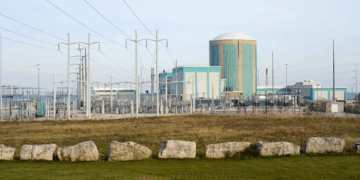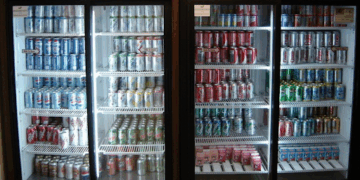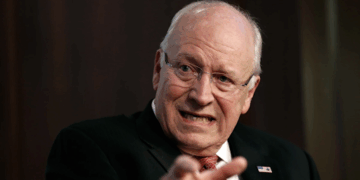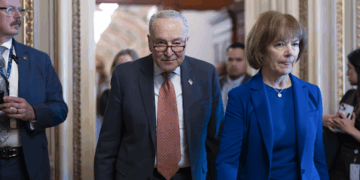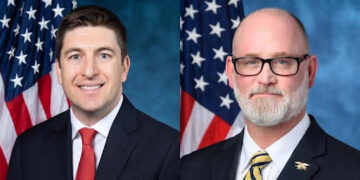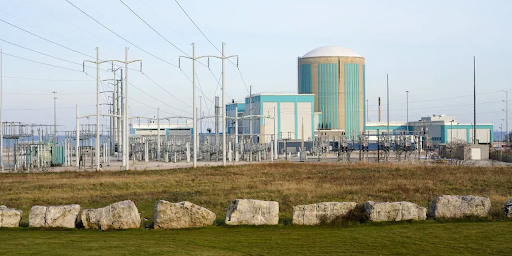For 2026 and 2027, residential utility customers in Wisconsin are facing yet another jump in costs as the Public Service Commission of Wisconsin (PSC) has approved an additional $304.5 million in rate increases for two major utilities.
The decision impacts both electricity and natural gas bills. As an example, Xcel’s average residential electric customer is set to pay about $24.91 more per month starting January 1, 2027, and about $8.70 more per month for gas.
The hikes reflect a trend of rising power costs in Wisconsin. Transmission-line and infrastructure charges alone have surged, data shows that transmission rates charged by American Transmission Company have increased by about 43% since Governor Evers took over in 2019. Also, the state is now among the highest in the Midwest for residential and industrial electricity rates.
Wisconsin’s Republican lawmakers say they are working to bring relief. In the recently passed 2025-27 budget the state eliminated the sales tax on residential electricity and natural gas consumption, a move Governor Tony Evers said will save working households more than $178 million over the next two years. GOP legislators have also flagged concerns about rising input and infrastructure costs as drivers of rising bills and are urging a regulatory review of cost-drivers.
Still, advocates argue more robust legislative action is needed. Democrats have proposed bills under consideration that would cap residential energy bills at a set share of income. (RELATED: Former Wisconsin Attorney General Brad Schimel Is Back In The Spotlight)
However, a measure this extreme can evaporate the energy companies bottom line, and not incentivise improvement or building new infrastructure. It also doesn’t get to the root issue of rising labor costs, aging equipment, and rising material costs. This only serves as a short term band-aid with more expensive downstream consequences.
The combination of infrastructure investments, transmission cost escalation, and inflation-driven expense growth means electricity and gas rate pressures are likely to persist. Republican lawmakers are pointing to tax-relief measures and broader cost-control goals to try and relieve the pressure. (RELATED: Evers Vetos Slew Of Legislation As Final 365 Days Closes In)

